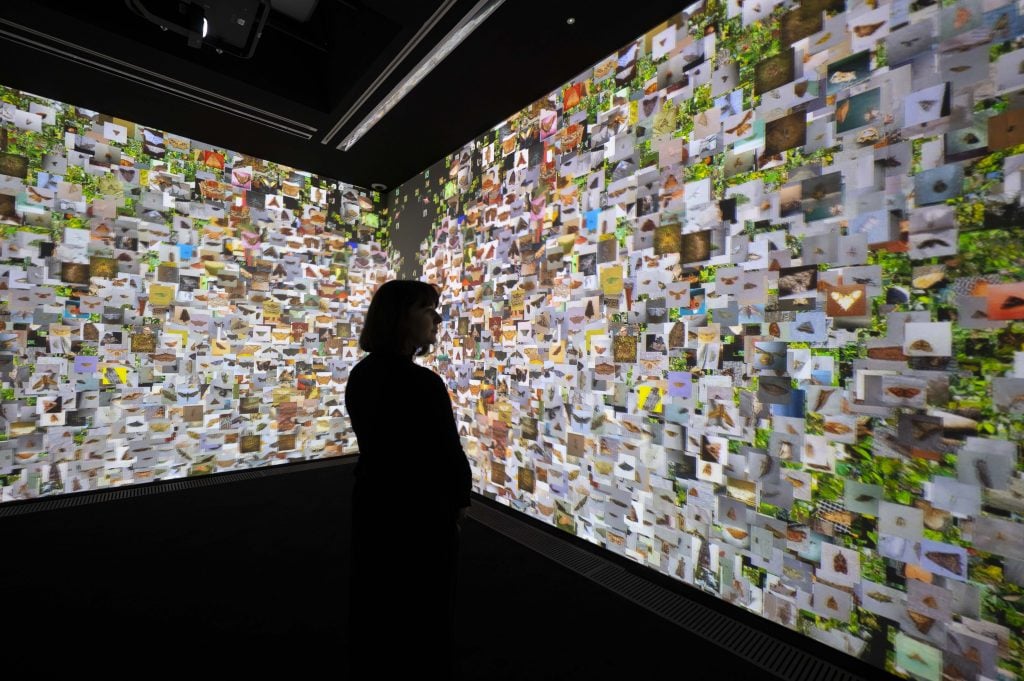Community, Leadership, Experimentation, Diversity, & Education
Pittsburgh Arts, Regional Theatre, New Work, Producing, Copyright, Labor Unions,
New Products, Coping Skills, J-O-Bs...
Theatre industry news, University & School of Drama Announcements, plus occasional course support for
Carnegie Mellon School of Drama Faculty, Staff, Students, and Alumni.
CMU School of Drama
Tuesday, November 12, 2024
Could A.I. Solve Some of the Major Issues Facing Museums?
news.artnet.com: Like most industries, institutions within the culture sector are starting to integrate general-purpose A.I. tools like ChatGPT, text summarizers, and chatbots into everyday operations to boost efficiency. To truly tap into the revolutionary potential of machine learning, however, they will need specialized tools that can be customized for specific tasks.
Subscribe to:
Post Comments (Atom)

2 comments:
I am all for AI in museums (ethically of course). I am a huge museum goer stopping at museums at almost every new place I visit. I love learning in an interactive way and museums are a great way to do that. Going into this article I though the advancement in AI for the musume world being made would be in regards to creating exhibits for clients or UI for displays as I feel like so much of the technical advancements are about. It was fascinating seeing how museums and archives could use AI on the back end for things such as identifying holes in databases. I understand the hate behind AI and how it has been misused like all tools in ways such as deep fake or plagiarism but, I think examples like these are powerful examples of how AI can be used for good and WITH the combination of human intelligence to create something wonderful.
It is exciting to see the application of AI in new contexts and see it being used to improve the important work of sharing history and culture through the works at a particular museum. It is also reassuring to hear that there is a collaborative approach to this application as there is a focus on ensuring that the use of AI doesn’t propagate or create further biases in the presentation of these works. While I still remain cautious about its use and the potential for it to propagate biases, hearing that this work is being thoroughly checked does help to mitigate these problems. Yet, as this technology improves within this sector, I find it important to emphasize that this close collaboration is necessary despite the quality of work being done by AI and to always be evaluating the quality of the work being done. This work is too sensitive in theory to not require this level of scrutiny from the technology being used to improve the work.
Post a Comment